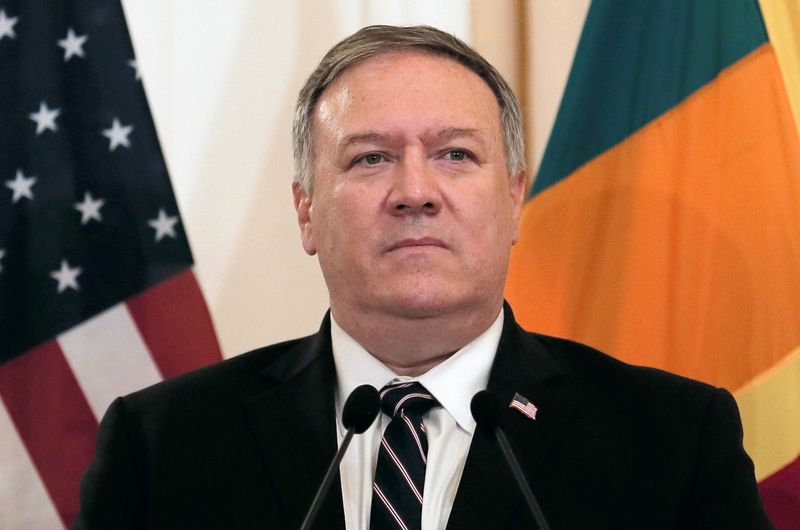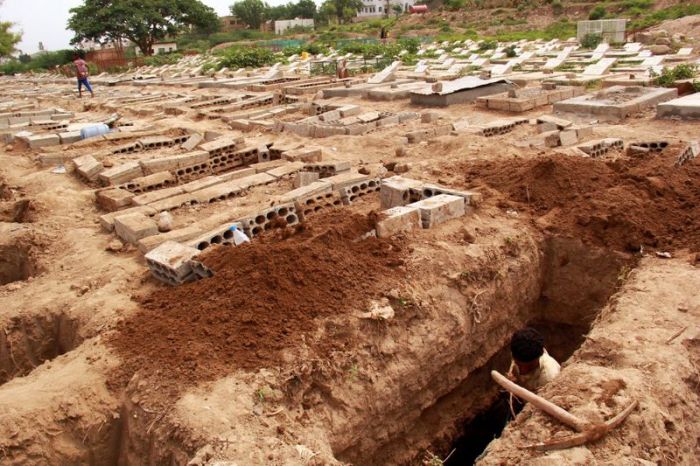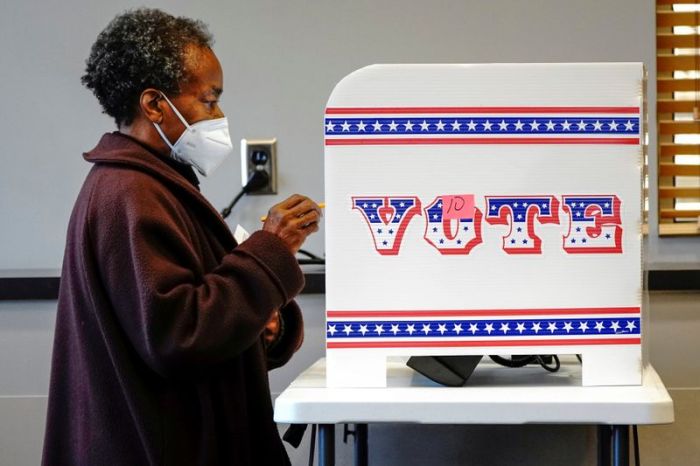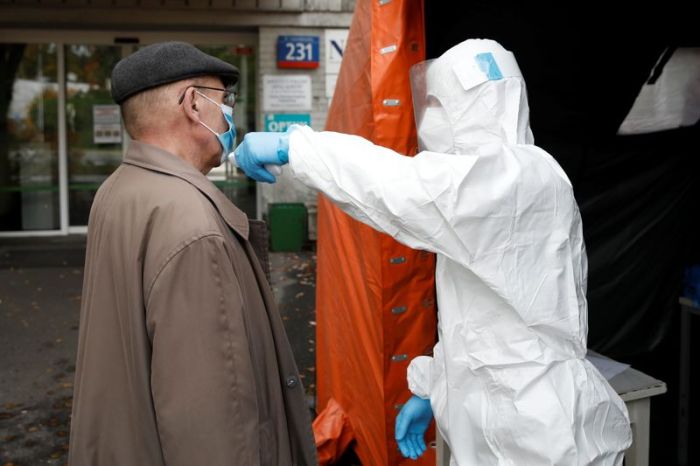HANOI (Reuters) – U.S. Secretary of State Mike Pompeo will visit Vietnam on Thursday and Friday as part of a tour of Asia, the Vietnamese government said.
The visit was announced in a short statement on the government’s news website and will mark the 25th anniversary of diplomatic relations between the two countries, the government said.
The U.S. State Department has not confirmed that Pompeo will be adding Vietnam to his four-leg tour. Pompeo arrived in the Maldives on Wednesday after visits to Sri Lanka and India and is due to hold meetings in Indonesia on Thursday.
A spokesman for Pompeo declined to comment about the announcement of a Vietnam leg.
News of the planned visit comes after a U.S. citizen sentenced last year to 12 years in a Vietnamese jail for “attempting to overthrow the state”, was released by Vietnam and returned to his home in California last week.
Michael Nguyen, who was born in Vietnam in 1964 and lived in the United States since childhood, was detained in July 2018 on suspicion of anti-government activities, including alleged incitement of protesters to attack government offices with Molotov cocktails and slingshots, state media reported at the time.
Deadly foes during the Vietnam War in the 1960s and early 1970s, Vietnam and the United States have enjoyed significantly warmer relations in recent years.
But there have some trade tensions of late, with the U.S. Trade Representative (USTR) confirming in August that at President Donald Trump’s behest, it was investigating whether Vietnam had been undervaluing its dong currency and harming U.S. commerce.
Human rights has also been an issue raised by the U.S. side, but both countries share concerned about an increasingly assertive China.
Vietnam’s prime minister, Nguyen Xuan Phuc, this week called on Trump to have “a more objective assessment of the reality in Vietnam” with regards to the trade imbalance between the two countries.
Phuc said the exchange rate policy was not aimed at helping its exports.
Pompeo said in Sri Lanka on Wednesday the Chinese Communist Party was operating as a “predator”.
The previous day in India, he said the Chinese ruling party was “no friend to democracy, the rule of law, transparency, nor to freedom of navigation, the foundation of a free and open, prosperous Indo-Pacific”.
The United States has also been active in pushing for better resource data-sharing and disaster management projects for countries downstream of China that depend on the Mekong River for agriculture and fisheries, which include Vietnam.
Environmentalists say the river has become a new front for U.S.-China rivalry.
On another front, in the South China Sea, Pompeo last month urged Southeast Asian countries to stand up to bullying by China and to reassess business deals with its state firms.
(Reporting by Phuong Nguyen and Khanh Vu; Writing by James Pearson; Additional reporting by Alasdair Pal in New Delhi, Gayatri Suroyo in Jakarta and David Brunnstrom in Washington; Editing by Martin Petty, Robert Birsel and Alexandra Hudson)
























